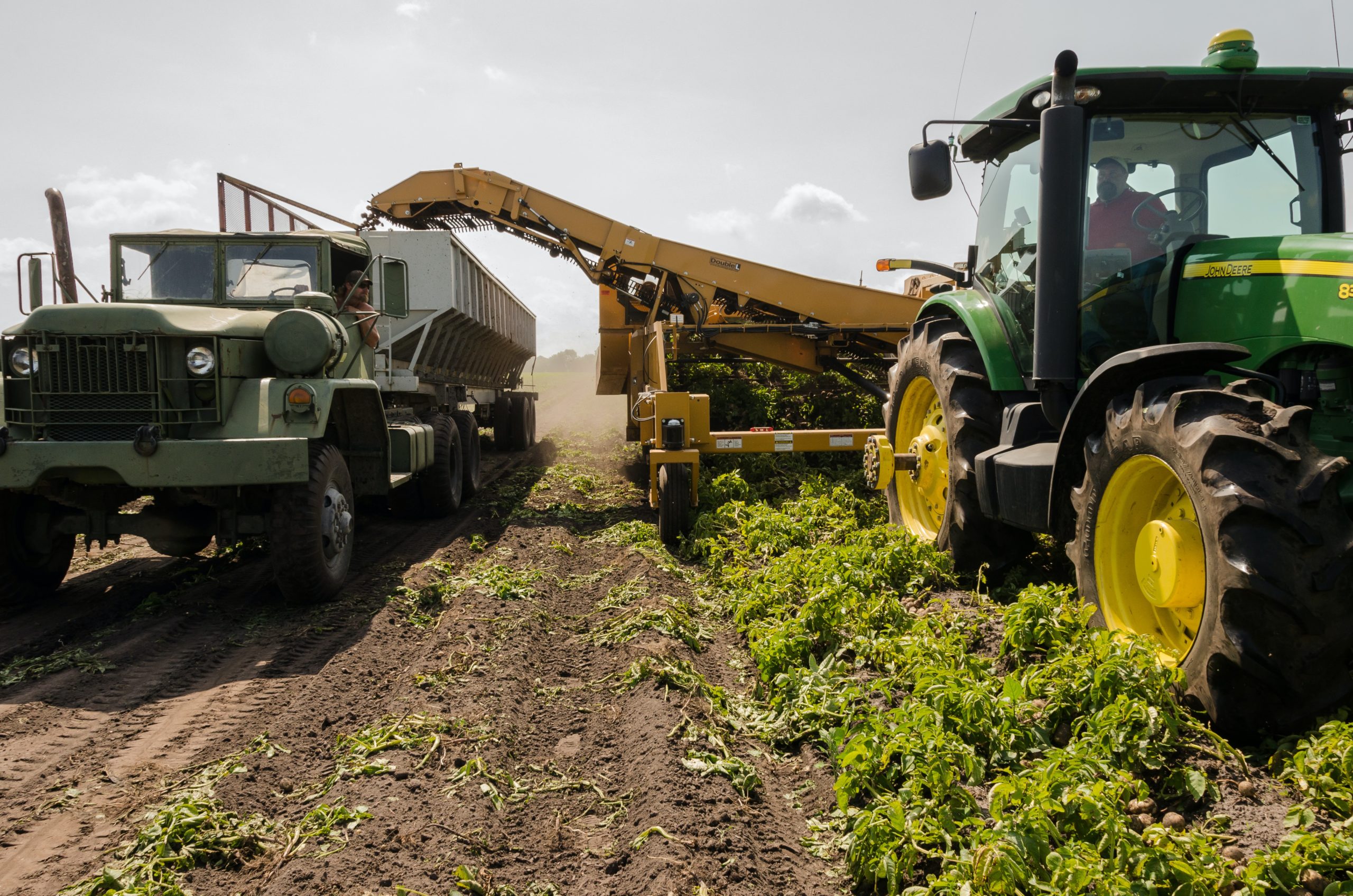On 6.12.2021. The President signed an amendment to the Code of Civil Procedure Act (hereinafter: "KPC"). The new provisions of Article 8291-8294 The CCP includes a list of items and animals that are not subject to enforcement by a bailiff. In our opinion, the new regulation may affect the functioning of farmers in the factoring market - both in the role of the recipient and the factor.
#What is the purpose of the restrictions introduced?
The amendment is aimed at protecting agricultural property necessary for running a farm. In essence, the amendment transfers the regulations of the Order of the Minister of Justice of 5.07.2017 on determining items belonging to a farmer running a farm that are not subject to execution to the CCP. As the drafters argue, this is justified in the context of constitutional requirements that it should be a law - not a regulation - that regulates exemptions from execution. This is because it affects the debtor's right to a court, as well as the protection of the interest of the creditor who decides to initiate judicial enforcement.
In theory, therefore, the legislation does not materially change the state of the law, but in practice - the coverage of the changes by the provisions of the law (applied directly by the Courts and Bailiffs) will no longer deprive creditors of the illusion of the application of restrictions.
#Co is changed/what cements the change?
- Creditors will not be able to carry out executions against farmers (as factories or receivers) for agricultural property necessary for farming.
- "Agricultural property necessary for the operation of a farm" is understood very broadly and includes not only animals, but also valuable - from the point of view of security - items like silos, agricultural machinery and tools, tractors, even advances For the supply of agricultural products, farm buildings, warehouses and agricultural land necessary for breeding and production.
#Agro-factoring at risk?
- Collateral for external financing in the case of farmers sometimes includes farm buildings and farmland. In addition, farmers sometimes act as factoring customers.
- As a result of the changes, virtually it will become impossible to execute from the aforementioned property, and the financing of such entities (especially without hard collateral in kind) riskier.
- The credibility of farmers (natural persons engaged in agricultural business/farming) as factoring/reported recipients may be diminished when they are unable to present in no uncertain terms collateral for their obligations.
- From the farmer's point of view, it is not impossible that in some cases there will be a exemptions of farmers from execution, especially when their only property is just buildings or arable land.
- From the factor/lender's point of view, there may be a partial Exclusion of a whole group of farmers from the financial services market This is because farmers will have very limited opportunities to provide collateral for debt financing.
#Effectiveness
As early as 10.01.2022, new enforcement rules will apply to farmers.
#How to secure financing?
Undoubtedly, the introduced change forces financial institutions to return to other forms of collateral, as well as to be creative in seeking alternative forms of security. In particular, financing entities may once again be interested in, among other things, a registered pledge with a contractual right to take ownership of the pledged object by the creditor. Another interesting option may be the transfer of collateral.
In the context of the aforementioned changes, one thing is certain: there should be a thorough rethink not only of the form of securing financing for farmers as factoring agents, but also of the strategy for assessing financial capacity and the possibility of executing against the property of farmers declared as recipients.







